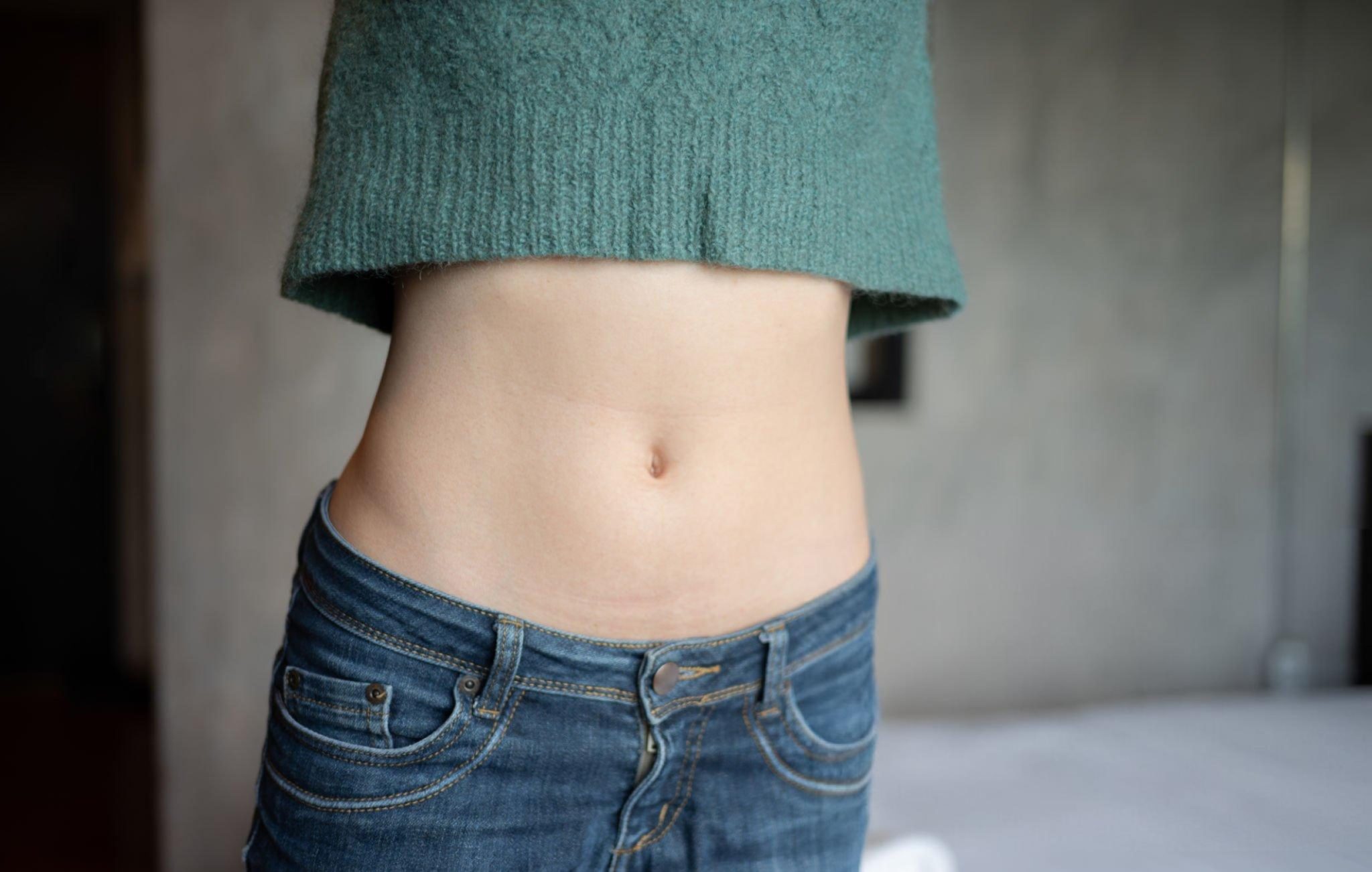Kate Moss caused a cultural stir in 2009 when she famously claimed “nothing tastes as good as skinny feels”. At the time, the backlash was swift and damning, with critics accusing the model of fuelling harmful beauty standards. Through the 2010s, “skinny” became a taboo word, and mainstream media shifted its focus toward celebrating strength, diversity, and the emerging body positivity movement. But now, in 2025, that sentiment seems to be losing ground—thanks in no small part to the rise of SkinnyTok.
The hashtag, which has accumulated over 70,000 posts on TikTok, is a mixture of well-meaning weight loss tips, obsessive calorie tracking, and videos some officials argue glorify eating disorders. The French government has taken notice, reporting it to their national watchdog, while the EU has launched an inquiry into its effects on young people.
SkinnyTok exists at the intersection of wellness and toxicity. The most popular influencers deliver what they call “tough love”, glaring into the camera and warning viewers that “what you eat in private shows in public” or “you’re not a dog, stop rewarding yourself with treats”. One, Susanne Stoughton, has even told her 85,000 followers to start calling their treats “little sabotages”.
Despite the name, much of the advice on SkinnyTok sounds almost reasonable: get 10,000 steps a day, eat whole foods, balance your macros, and stay in a calorie deficit. One of the early influencers of the movement, Liv Schmidt, was banned from TikTok for violating community guidelines. Now she shares her tips on Instagram, racking up millions of views. Her motto? “It’s not a sin to want to be thin.”
This new wave of “fitness honesty” is reflective of a broader cultural shift. The days of soft, affirming self-help are making way for straight-talking grind culture. Gurus like Mel Robbins preach personal responsibility over excuses. And SkinnyTok mirrors this philosophy—with added abs.
But there’s no denying the tone can be punishing. A British influencer known as @eveoliviaa urges her 155,000 Instagram followers to use an app called Stoppr to curb sugar cravings. The app features a “panic button” that flashes motivational messages like “your health is non-negotiable”. If a user gives in to temptation, they must click a button labelled “I relapsed” and begin again. It’s weight loss rebranded as addiction recovery.
Much of this feels like a throwback to the darker corners of early internet culture—particularly Tumblr in the 2010s, where “thinspiration” content often flirted with glorifying eating disorders. Some of SkinnyTok’s mantras—“last month’s diet is this month’s body”—echo those troubling days. Critics argue that such messaging undermines body positivity and mental health progress made over the last decade.
Yet many of the influencers defend themselves. One, calling herself TheSkinnyMillionaire, says she’s “insulted” by claims that the content promotes eating disorders. “Moving more and eating less is what works,” she argues. “That’s all we’re saying. If you don’t like it, scroll on.”
TikTok, for its part, has been slow to fully tackle the issue. Harmful content still slips through, despite community guidelines. Critics say the platform should do more to shield teenagers from the more extreme corners of SkinnyTok.
And yet, in a world where fitness and thinness are still deeply entwined with beauty standards—especially for women—SkinnyTok taps into an enduring reality. As one 37-year-old fan of the trend admitted, “I’ve never walked so much, I’ve never been this motivated. But I wouldn’t let my daughter near it.”
For better or worse, SkinnyTok is holding up a mirror to society’s unspoken ideals. And if nothing else, they’re being brutally honest about it.






